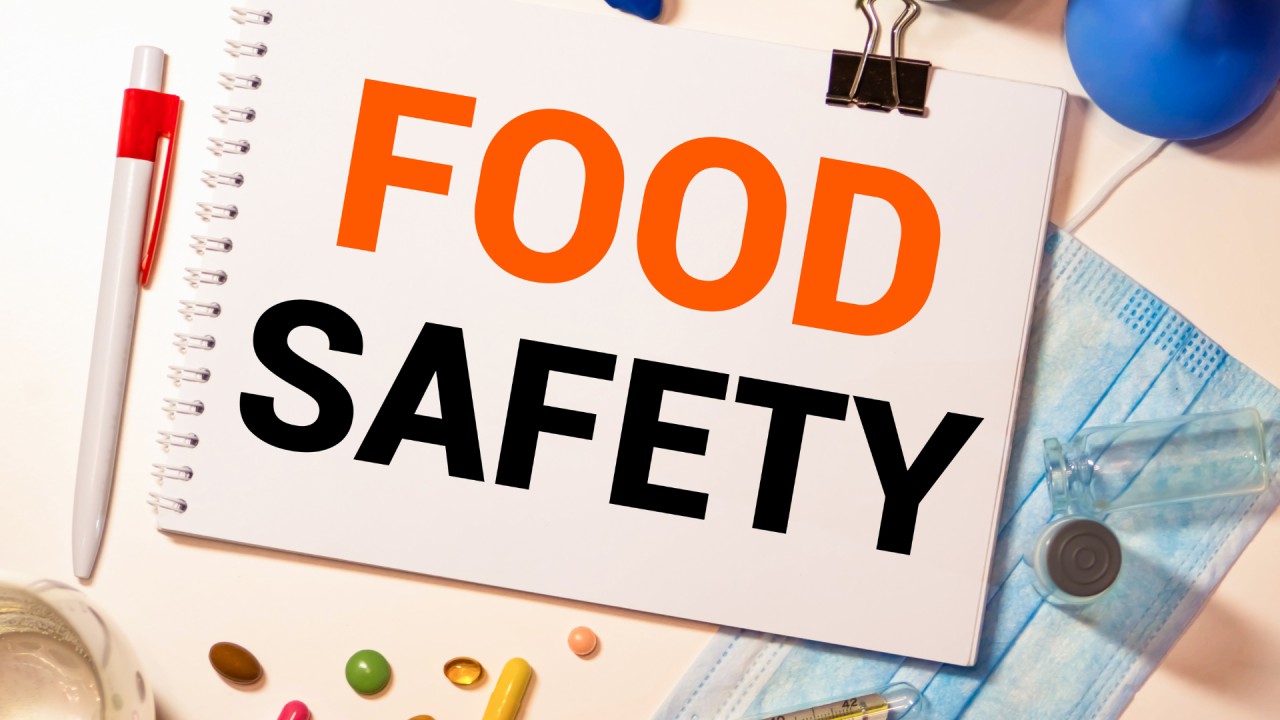HACCP Certification: The Essential Path to Food Safety Compliance for Businesses in Dublin, Cork, Galway, and Beyond
In today's fast-paced food industry, ensuring food safety is not merely an option—it’s a necessity. For businesses in Dublin, Cork, Galway, Limerick, Waterford, and Belfast, mastering the Hazard Analysis and Critical Control Points (HACCP) framework is crucial. This training leads to HACCP certification, a compliance requirement that protects public health while boosting your company’s reputation.
Understanding HACCP: How It Reduces Risks and Protects Public Health
The core objective of HACCP is risk management. By embracing its principles, food businesses can minimize hazards that could lead to foodborne illnesses. The seven HACCP principles include:
- Conducting a Hazard Analysis: Identify potential biological, chemical, and physical hazards.
- Determining Critical Control Points (CCPs): Establish points in the process where hazards can be controlled or eliminated.
- Establishing Critical Limits: Set maximum or minimum values (e.g., temperature) for each CCP.
- Monitoring Procedures: Develop methods for monitoring CCPs to ensure they remain under control.
- Corrective Actions: Define steps to take when monitoring indicates a CCP is not within established limits.
- Verification Procedures: Implement a system to ensure the HACCP system is working effectively.
- Record-Keeping and Documentation: Maintain accurate records to demonstrate compliance.
HACCP Certification: Ensuring Compliance with Irish and EU Food Safety Laws
In Ireland, food safety compliance is non-negotiable. The Food Safety Authority of Ireland (FSAI) mandates that all food businesses, including restaurants, cafes, and catering services, adhere to strict regulations. HACCP certification not only fulfills these legal obligations but also aligns with EU food safety laws, ensuring your operation meets high standards across the board.
The Business Benefits of HACCP for Restaurants, Catering, and Retail
Investing in HACCP training can yield significant benefits:
- Reducing Contamination Risks: A well-implemented HACCP system minimizes the chances of food contamination—resulting in fewer food safety incidents.
- Enhancing Customer Trust: Demonstrating compliance with HACCP standards gives customers confidence that their health is your priority.
- Minimizing Financial Loss: Avoid costly recalls, fines, and legal issues by proactively managing potential hazards.
- Improving Operational Efficiency: Streamlining procedures can save time and resources, making your business more efficient.
Step-by-Step Guide to Getting Your HACCP Certificate
Obtaining HACCP certification involves several straightforward steps:
- Enroll in a Structured HACCP Training Course: Look for certified courses that cover all essential principles and procedures.
- Conduct a Hazard Analysis: Work with your team to identify potential hazards specific to your operations.
- Develop Your HACCP Plan: Create a roadmap detailing how your business will implement HACCP principles.
- Monitor and Evaluate: Once the plan is in motion, continually assess its effectiveness and make adjustments as needed.
- Apply for Certification: After training and implementation, submit your HACCP plan for official certification through a recognized body.
Comparing Online HACCP Training vs. In-Person Courses
Both online and in-person HACCP training courses offer unique advantages:
- Online HACCP Training: Flexible scheduling, self-paced learning, and often lower costs.
- In-Person Courses: Hands-on experience, networking opportunities, and access to immediate feedback from instructors.
Common HACCP Mistakes & How to Avoid Them
Even the most diligent businesses can fall into traps when implementing HACCP. Common mistakes include:
- Inadequate training for staff on HACCP principles.
- Neglecting documentation and record-keeping.
- Failing to update the HACCP plan as processes change.
To avoid these pitfalls, ensure continuous staff education and regular reviews of your HACCP plan.
How HACCP Training Improves Workplace Hygiene & Customer Trust
By investing in HACCP training, your team will be equipped to maintain high standards of hygiene. This diligence not only protects your customers but also builds lasting trust in your brand. A commitment to food safety reflects positively on your reputation, leading to increased loyalty and repeat business.
Conclusion & Call to Action
HACCP training is not just a regulatory requirement; it’s a strategic investment in your food business’s health and sustainability. For restaurant owners, catering professionals, and hospitality businesses in Dublin, Cork, Galway, and beyond, securing HACCP certification is a vital step towards ensuring food safety compliance and enhancing your brand's value.
Ready to elevate your food safety standards? Enroll in a HACCP training course today and take the first step towards certification!



 349,500 Offered Certificates
349,500 Offered Certificates
 24/7 Online Training
24/7 Online Training
 Money Back Guarantee
Money Back Guarantee
 Fully Accredited Courses
Fully Accredited Courses
